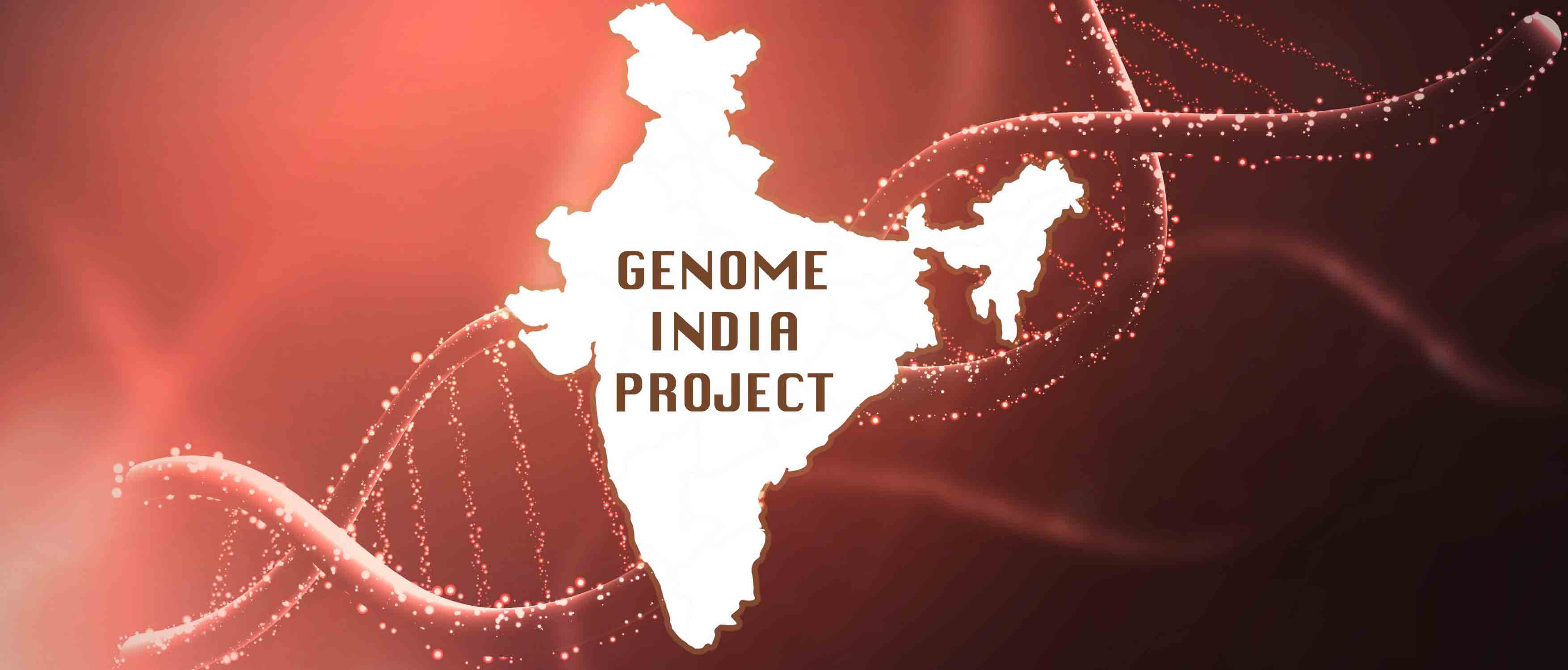India Genome Sequencing: changing paradigms
March 6, 2020 | Expert Insights

De-mystifying Genome sequencing
A genome is an organism's complete set of DNA, including all of its genes. It is also referred to as the blueprint that determines the behaviour of an organism. Genome sequencing is figuring out the exact order of DNA nucleotides or bases and their meaning.
Each genome has approximately 3.2 billion DNA base pairs, and how they are arranged, or variations and mutations in their pattern can provide clues about the individual's health or ill health, inherited or acquired.
The Indian Gene mapping project
The Indian gene-mapping project is a joint effort of twenty leading institutions, including the Indian Institute of Science (IISc) Bengaluru and a few Indian Institutes of Technology (IITs).
With a budget over $ 3 million, its objective is to build a country-wide gene database using the "Next-generation Sequencing platform." The data will enable the development of the "reference genome." As a precursor of the "Genome India Project," the Council of Scientific and Industrial Research (CSIR) concluded the "Indigen" project in October 2019. It was a six-month-long exercise that did genome sequencing of one thousand Indians.
The Indian genome, a new avenue
Every year over 100,000 babies in India are born with genetic or Mendelian disorders. The limited understanding of these disorders leads to a mistaken diagnosis. The Genome India project will help catalogue genetic variations in India and their categorisation to disease and non-disease. This could help in identifying mutations that cause diseases like thalassemia and cancer.
The Human Genome Project (HGP) conducted in the 1900s was an international collaborative research programme that led to the decoding of the entire human genome. It was described as "one of the greatest feats of exploration in history"
The international HGP used mostly white Caucasians as subjects. This created an information gap in better comprehending the genetic make-up of South Asians. The scale and genetic diversity of the Indian population demand the creation of a unique genome data pool. Scientists recognise that while the first migrations were from Africa, there were others too, which make for a special case of the intermingling of genetics, known as "horizontal diversity."
The practice of endogamy has led to some diseases and traits being passed on strictly within groups. This tracing of disease and traits by lineage is what scientists call "vertical diversity.
The intersection of both horizontal and vertical diversity can provide the bedrock of healthcare for one of the most populated countries of the world.
Biosecurity risks of the project
Genome mapping is open to the risk of genome editing of the genes. Genetic modification is not the stated objective of the Genome India project though they are closely interrelated. India is devoid of a regulation governing the Genome Project.
This risk of modification came to light when He Jianku a Shenzhen-based scientist, created the world's first gene-edited babies. He announced that he had modified their DNA to be HIV resistant.
Inexpensive kits for gene mapping/ sequencing are now easily accessible to consumers. These could lure non-qualified individuals with only peripheral knowledge to indulge in self-diagnosis and medication, leading to wide-scale resistance to drugs.
The anonymity of such data collected and its possible use or misuses have not been delineated. A question arises as to the ownership of data.
The storage of the information on cloud servers raises concerns of hacking and sale of information by third parties.
During the HGP in the 1990s, there were intense debates on misuse of data for hiring or firing employees and denial of insurance by companies based on their genetic predisposition towards some diseases. The targeted use of diseases in biowarfare and ethnic cleansing is a strong possibility, invoking fearful memories of Nazi ethnic experiments.
Assessment
- Genome mapping can be the proverbial "silver bullet" for better health management provided it is done in good faith and ethically. England, US. Netherlands and Estonia have already advanced in applying databases to precision medicine.
- India is yet to pass its Data Privacy bill and starting an ambitious project such as this might lead to misuse and create privacy and ownership concerns. The rules on ownership and access under circumstances that it can be used must be made clear.
- Politically, India is already burdened with the question of who is "indigenous" and who is not. Data from the genome project if not protected, could only serve to further aggravate the social narrative.
Image Design: Chris Karedan, Synergia Foundation








Comments